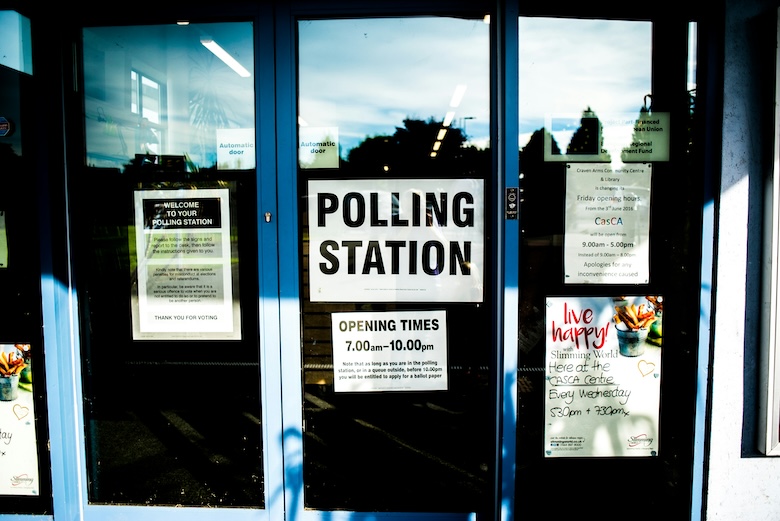
The democratization of AI-powered deepfakes is revolutionizing the landscape of disinformation, making it alarmingly simple for forgeries to be created and disseminated. This evolving threat is especially concerning in the political arena, as illustrated by recent incidents targeting public figures like Sadiq Khan and Joe Biden. With over 40 national elections on the horizon this year, the urgency to address the proliferation of deepfakes becomes increasingly critical. These sophisticated forgeries not only pose a direct threat to the integrity of elections but also challenge the very fabric of political stability. Despite ongoing efforts to develop detection tools, the technology behind creating deepfakes continues to outpace the means to identify them, leaving a gap that exacerbates the potential for harm. Even when deepfakes are debunked, the lingering doubt they sow can undermine trust in genuine content, highlighting a profound and insidious impact on public perception and discourse.
The phenomenon known as the “liar’s dividend” illustrates the dual threat posed by deepfakes: the ability to generate believable disinformation and the consequent dismissal of authentic material as forged. This environment of skepticism corrodes public trust in information, empowering malicious actors to discredit genuine content by claiming it to be AI-generated. The challenge extends beyond merely detecting deepfakes; it encompasses the broader issue of fostering resilience against disinformation among the electorate. As efforts to regulate and mitigate the distribution of AI-generated forgeries advance, the need to cultivate a critical attitude towards online content becomes paramount. Educating the public to navigate this complex information landscape is essential for safeguarding democracy and maintaining the credibility of electoral processes.
Addressing the scourge of deepfakes requires a multifaceted strategy that involves not just technological solutions but also regulatory measures and public awareness initiatives. While lawmakers and social media platforms play key roles in combating the spread of false content, the collective responsibility falls on society to develop a discerning approach to digital information. The potential for deepfakes to disrupt elections and erode trust underscores the imperative for immediate and concerted action. As the world braces for a pivotal year in democracy, the battle against AI-generated disinformation stands as a crucial front in defending the integrity of electoral systems and the foundational principles of informed citizenship.

